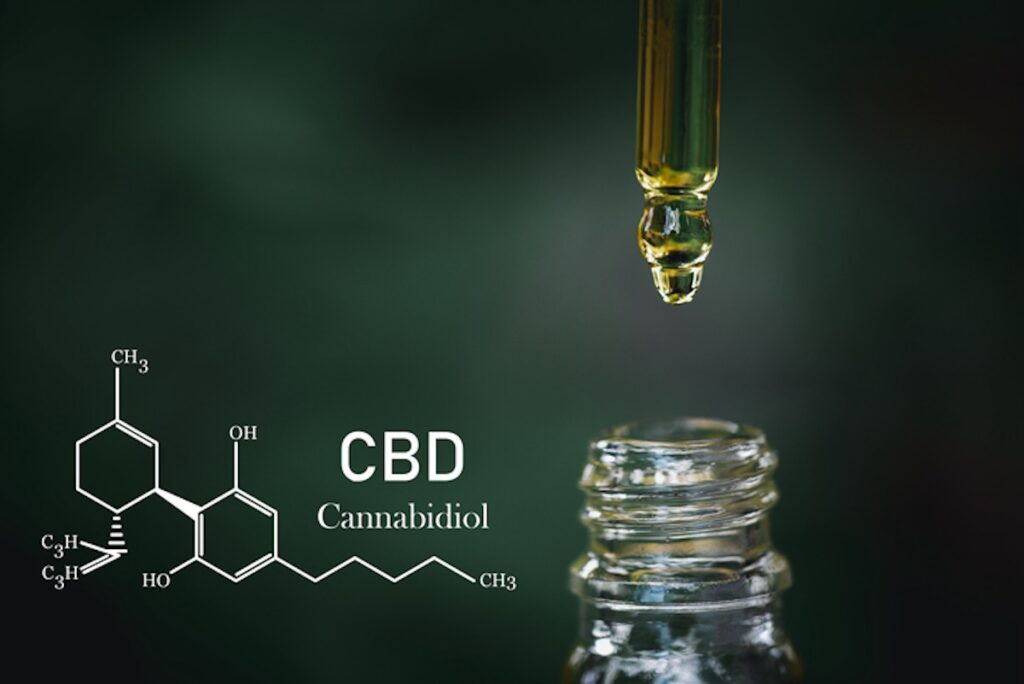In 2018, the Farm Bill changed the landscape for CBD and a new industry was born. CBD products and seller websites flooded the market and new policies and practices were established. Identifying compliant products amid the flurry was a challenge — until LegitScript introduced its CBD Certification program. Delve into an overview of the industry and learn how to identify compliant labeling. Then apply to certify your CBD product or website.
The 2018 Farm Bill Birthed a New Industry
Since the 2018 Farm Bill removed hemp-derived CBD from the Controlled Substances Act (CSA), the market for CBD products has grown exponentially.
The bill solidified a 0.3% THC limit as a federal requirement that distinguishes legal hemp-derived CBD products from the controlled substance marijuana. It is now essential that every CBD product contains less than 0.3% THC. This ensures the consumer that it won’t produce any undesired effects.
Additionally, CBD products may not be advertised to diagnose, treat, cure, or prevent any disease in addition to affecting the structure or function of the human body. The Food and Drug Administration (FDA) and the Federal Trade Commission (FTC) have taken action on sellers of CBD products who have made these claims.
In this complex regulatory environment, manufacturers must navigate an industry still in its infancy.
Not All CBD Products Currently on the Market Are Accurately Labeled
Consumers need to know the CBD products they’re purchasing are exactly what is advertised. A Johns Hopkins Study revealed that CBD products sold in-store may carry a CBD potency variance as high as 21% — meaning the consumers using the products are likely not using the advertised amount of CBD. The disparity between what consumers believe they are using and what they are actually consuming can pose risks to consumers.
Identifying Compliant CBD Products
One of the easiest ways to identify a compliant product is to simply read the product’s description, label, and packaging to ensure that it is free of impermissible claims. Product labels that make these claims “imply that a product can diagnose, treat, cure, or prevent a disease,” categorizing it as a drug.
Some common impermissible CBD claims include:
- “Relieves pain, soreness, and aches”
- “Treats inflammation”
- “Anti-inflammation”
- “Treats disease X”
Obtaining a Good Manufacturing Practices (GMP) certification alongside LegitScript’s CBD certification signals to consumers that your products are safe and compliant with all regulatory requirements.
GMP certification ensures products are manufactured according to the highest standards, and signals they adhere to stringent guidelines. Similarly, LegitScript-certified products and/or websites indicate to consumers that manufacturers and sellers are operating safely and transparently, and indicate that their products have been tested.
CBD Products Must Be Compliant in Every Jurisdiction in Which They Are Manufactured and Shipped
It’s important to verify all CBD products are compliant in all jurisdictions in which they’re manufactured and sold. CBD regulations at the state level are constantly evolving, with many states selling licensures and implementing mandatory age verification and labeling requirements.
For the most up to date information pertaining to state and jurisdictional regulations, consumers, manufacturers, and sellers are encouraged to consult the official websites of their respective regulatory agencies. You can also download our CBD Compliance Resource Guide for a helpful state regulations table.
LegitScript CBD Certification Ensures Compliance
LegitScript understands the regulatory landscape is rapidly evolving in CBD, and adherence to both state and federal requirements is paramount. Our CBD Certification builds trust with consumers by demonstrating that products are compliant with regulatory requirements, and unlocks advertising opportunities on Google and select Meta platforms.




